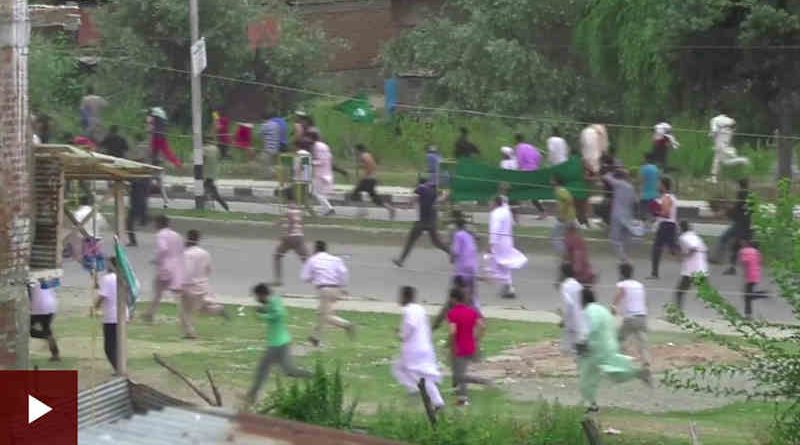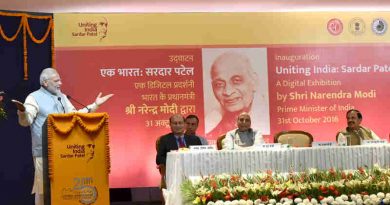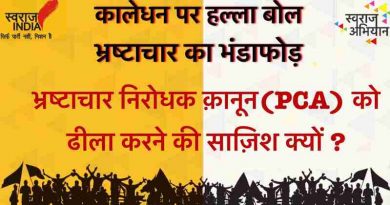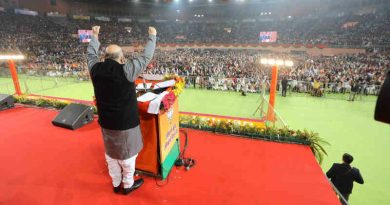BBC Defends Its Reporting on Violence in Kashmir
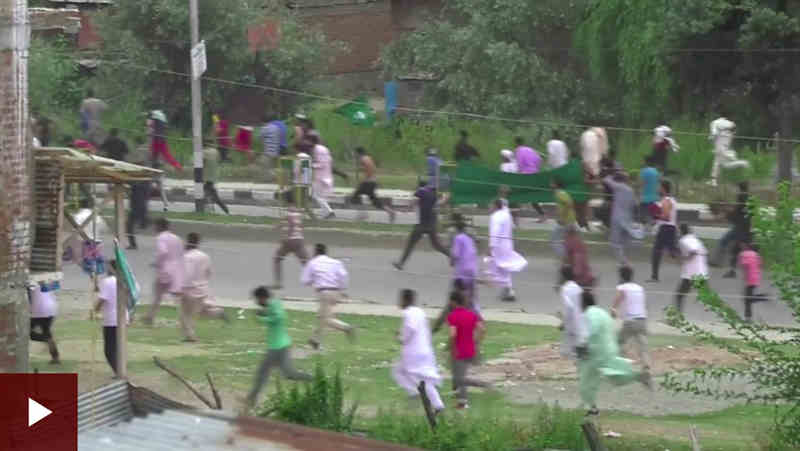
It is stated that India has deployed nearly 900,000 security people to control unarmed Kashmiris, and about 80,000 civilians have been killed in the conflicts.
By Rakesh Raman
The world’s top media property BBC News has defended its coverage of violent conflicts in Kashmir, which is a disputed territory between India and Pakistan.
In an official statement issued today by the BBC News Press Team, it clarified that despite numerous restrictions imposed by the Indian government on the press freedom in the troubled Kashmir, BBC is covering the situation impartially and accurately.
The response from BBC has come after a severe backlash from a group of Indians most of whom are believed to be the hirelings of the PM Narendra Modi’s political outfit Bharatiya Janata Party (BJP).
The highly respected news service BBC is running a comprehensive editorial section on the ongoing violence in the Kashmir valley. The BBC coverage is a scathing attack on the Modi government, which has abruptly changed the constitutional status of Kashmir, leading to an unprecedented unrest in the valley.
Moreover, the tension between India and Pakistan has escalated to the level of a possible nuclear war, as both the countries stake a claim to Kashmir and both are nuclear-armed nations with historical rivalry.
Of late, UN Secretary-General António Guterres urged the enemy countries to exercise maximum restraint and resolve the Kashmir issue with peaceful means. He also has expressed his concern over reports of restrictions on the Indian side of Kashmir, which – he said – could exacerbate the human rights situation in the region.
BBC statement on #Kashmir coverage pic.twitter.com/XJfLOrh9nQ
— BBC News Press Team (@BBCNewsPR) August 11, 2019
As large-scale violence is expected against the Indian government’s unilateral decision to change the status of Jammu & Kashmir (J&K), authorities have suspended Internet, mobile services and banned public gatherings in Srinagar area of Kashmir. In Srinagar city, there is said to be a total communications blackout.
Plus, the Indian government has arrested a slew of local leaders who oppose the Indian government. The entire region is now under the control of heavily armed Indian security forces. It is stated that India has deployed nearly 900,000 security people to control unarmed Kashmiris, and about 80,000 civilians have been killed in the conflicts during the past 7 decades.
While India asserts that Pakistan is supporting terrorism in Kashmir, Pakistan vehemently refutes such allegations. It is largely believed that the locals who attack the Indian security forces with stones or other homemade weapons are victims of the torture unleashed by the security forces that enjoy complete immunity under AFSPA (Armed Forces Special Powers Act) law.
Earlier, on August 5, the Modi government in India had revoked Article 370 which gave special status to J&K. With this move, the Indian government is trying to forcibly make people of Kashmir the Indian citizens while local Kashmiris want freedom from India.
In response, Pakistan Prime Minister (PM) Imran Khan said that a nuclear war with the enemy nation India cannot be ruled out. He was addressing the Joint Session of Parliament in Islamabad and expressed his displeasure over India’s despotic decision to change the constitutional status of Kashmir.
Imran Khan said that the Modi government is suppressing the voice of Kashmiris (most of whom are Muslims) who want independence from India.
By Rakesh Raman, who is a national award-winning journalist and social activist. He is the founder of a humanitarian organization RMN Foundation which is working in diverse areas to help the disadvantaged and distressed people in the society. He also creates and publishes a number of digital publications on different subjects.

